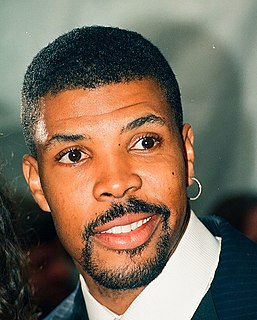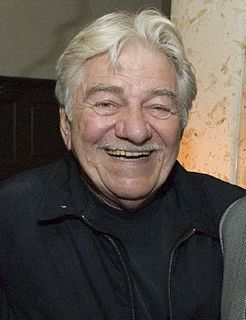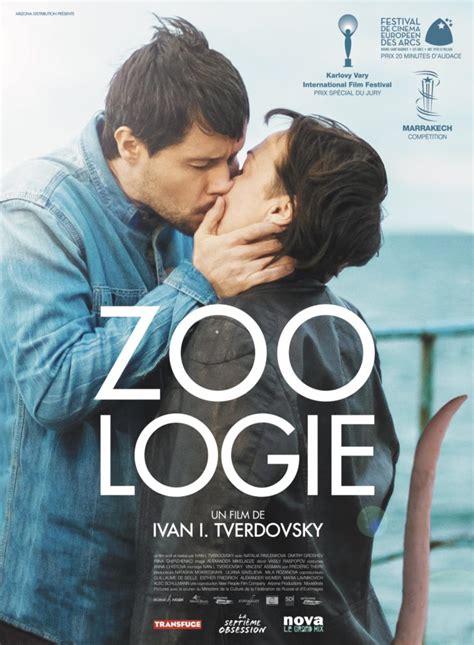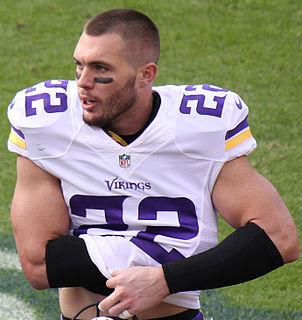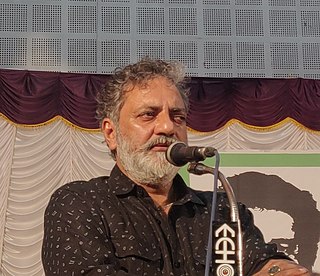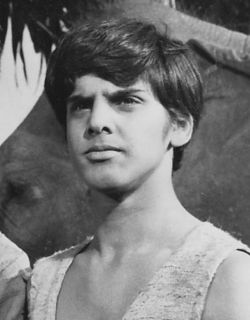A Quote by Farah Khan
It is more difficult to make film which does not have a big name. People start questioning the cast and the budget.
Related Quotes
As soon as you start making a film that's expensive then the studio wants total control over all elements of it because they want to get all their money back. If you make a smaller film you can try a lot more things because you can have control over it and not just be a hired director. The lower the budget the more freedom you have.
Mammootty came on board unexpectedly. 'Uncle,' which I am co-producing with Sajai Sebastian, was meant to be a low-budget film and we had almost cast another actor in the titular role. But, during the shoot of 'Puthan Panam,' I narrated the film's plot to Mammootty, who liked it and wanted to do the movie.
In cinema people are always walking into something and saying this is who I am, what I want, and how I'm going to get it and we don't in life - particularly not in public situations. People might know your first name, not your last name, they don't know what you do, and you're not going to offer it up. So if you start there and you realize this is a much more normal presentation in a film then you would ordinarily have; you know that there is a big life behind what everyone presents and that I think is super interesting.

